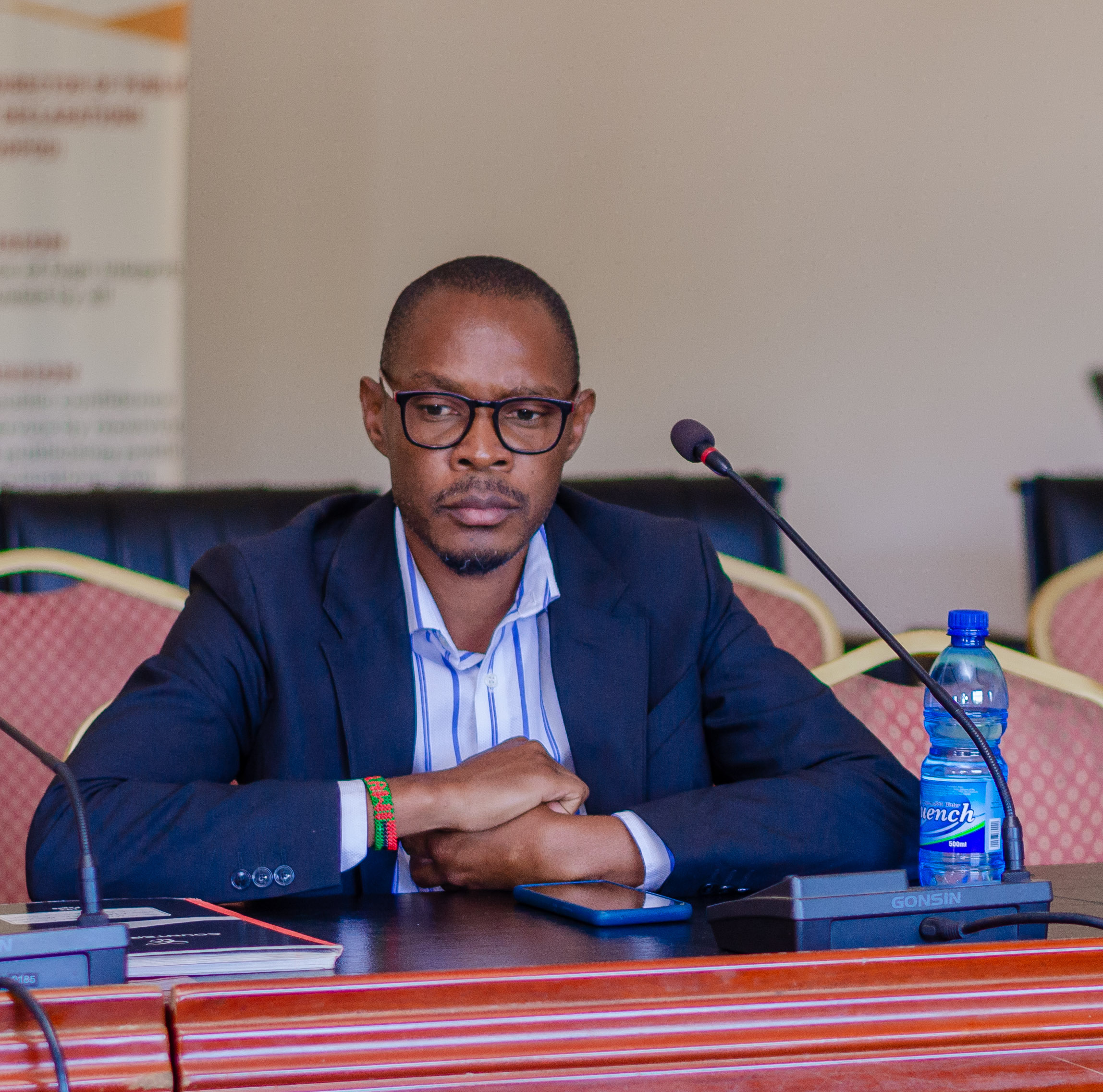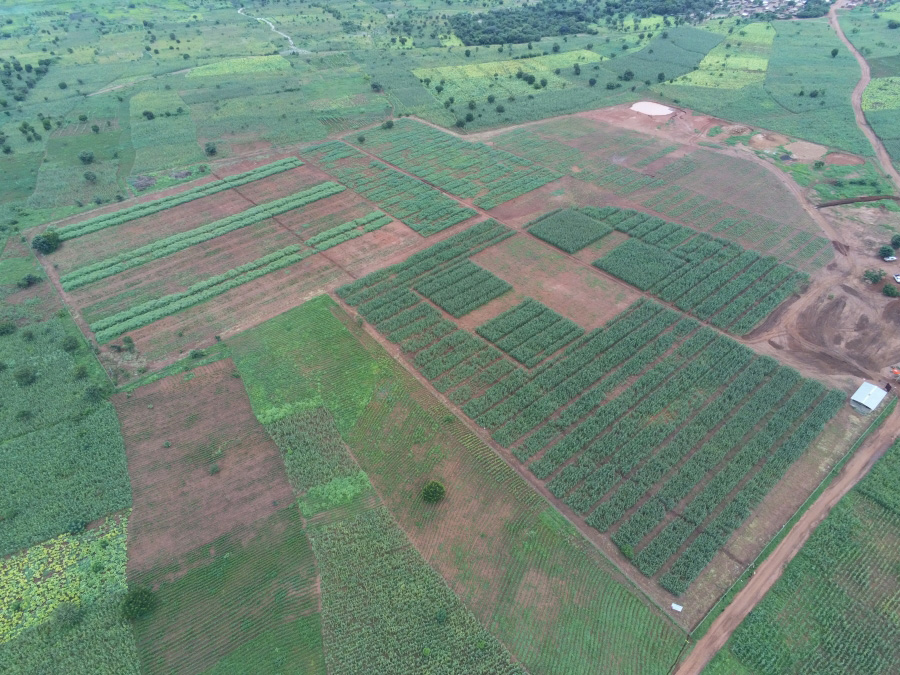Value addition is the enhancement added to minerals by a company/miners before selling to customers. It is a secured scenario whereby one obtains the highest rewards from a mining or related mining entity and it may be from mining practice to the finished product, in short enhancing the quality and quantity of the chain of production. There are numerous aspects related to value addition when it comes to mining. The higher value added products mostly fetch high prices and these prices tend to be more stable and value addition is also pursued further.
Processing of raw materials is the solution to African economies. Africa is especially vulnerable to global economic shocks because primary products account for more than 50% of the value of exports. It is therefore apparent that Malawi needs to be able to process its minerals into high value products for exportation and local consumption and this will translate into economic growth.
Mineral wealth should be a source for equitable growth and poverty reduction. Malawi has wealth in minerals and most of these are not yet fully exploited and utilised. A case in point is China which has experienced rapid transformation economically. All this phenomenal growth hinges on the availability of cheap raw materials from Africa. In value addition of minerals, suppliers of mining inputs and markets are also important to the enhancement of high quality and increased quantity mineral production. In anticipation of greater returns miners must also be aware that opportunities of accessing the incentives more than once is possible and may be achieved, by carrying out value addition activities where applicable, as valuable by products can be reclaimed, and further processed for export, meaning more foreign currency inflows to the nation and more money to the miner respectively to say the least.
Economic growth is a result of value addition that creates wealth for nations. Nations utilise the gifts of nature which are the raw materials to manufacturing. Africa has abundancy of these natural resources but lacks appropriate economic development due to lack of scientific knowledge. In the worst case, raw materials are extracted from Africa and exported in their raw state at very low prices. Value addition or processing is done outside the countries of origin and the finished goods or processed materials imported as finished products that attract more money. The importation at high prices opens the gap between poverty and wealthy nations. This unavailability of such technologies is quickly capitalized by rich nations who already have the technology but do not have adequate raw materials in their nations. Such a scenario creates exploitation of natural resources from African nations such as Malawi.
In Malawi the most minerals that have the potential to add value are;
- Dimension Stones
Dimension Stone is produced from quarrying operations that typically involve isolating a mass of stone by cutting it free from the parent mass on all sides but one. The isolated mass is then lifted or separated from the parent mass by breaking it free or by undercutting it with a wire or chain saw. The cut stones are usually of larger block size. Quarry operations thus involve cutting the stone, breaking the stone, and removing the stone from the quarry.
In Malawi, rough block production represents a very small percentage if at all it is being done. Dimension stone blocks are used mostly in construction and to make monuments, tombstones. On the other hand dressed stone is used to make other decorations such as carvings, statues flower vases but this is very rare in Malawi.
Dimension stones can also add value by shaping them into desirable use. Examples in Malawi are the black/ pink granites, sodalites, syenites, amazonite,gabbros that are used to make floor, wall tiles by means of lapidary processes not forgetting limestones for terrazzo making for use in monuments and tombstones.
Gemstone dealing is a multibillion dollar industry but it is usually underestimated in Malawi. This may be probably due to lack of understanding of the potential of extracting these gems, inability to identify ready markets, lack of machinery and also the skills to deal with it etc. It is a rewarding business that has the potential to create huge job opportunities, non-bulky, foreign currency generation, stimulates other economic sectors; such as tourism and also provide safe investment.
In Malawi, efforts have been made to mine gemstones like sapphire, ruby, amethyst, rose quartz, garnets, aquamarines, beryl, corundum , tourmaline etc. and are shaped into different forms for jewellery, cabochons, sculpture, and ornaments inorder to add value but unfortunately it is done only to a smaller, unrecognised extent.
- Problems faced by the gemstone Industry in Malawi
- Gemstone buyers often offer very low prices
- Lack of systematic approach to description and evaluation of gemstones in order to buy, sell and appraise coloured gemstones appropriately and profitably.
- Lack of capacity to process the stones into jewellery.
- Lack of capacity to grade, evaluate and negotiate the right price for stones.
- Lack of a well-coordinated system of buying and marketing gemstones from the miners, hence the sector suffers from smugglers from neighbouring countries and beyond.
- Unavailability of gemologists as the most competent experts in undertaking gem valuation. Malawi has only but one or two.
- There is some hostility in gemstone mining between villagers and operators. Sometimes customary land owners or ordinary villagers do not want to give access to operators even if they possess the necessary permits from the Mines Department.
These are a variety of minerals such as, gypsum, limestone, graphite, quartz and vermiculite that have a wide range of applications in ceramics, pottery, and brick and tile-making, phosphates, mica and glass manufacture rutile, quartz, feldspar, graphite, kaolinitic clays, dolomitic limestones mica, and silica. These are economically of high quality and can add value to the nation. However, it still remains of very low use in Malawi both industrially as local and for export.
In addition, there are some metallic/industrial minerals that are brought into various shapes for sale thereby also adding value. Of late, the emergence of gold in Malawi is a big potential and a boost to add value to the industry by making jewellery, electroplating, house decorations etc.
- Malawis’ mineral resources are finding it hard to add value in the supply chain due to among others;
- Poor quality of minerals like gemstones,
- Knowledge, skill gap in exercising expertise e.g faceting, lapidary.
- Inadequate quantity of minerals
- The role of middlemen and also buyers
- Undervaluation of the minerals
- Smuggling
- Lack of machinery and equipment for both mining and mineral processing
- What needs to be done to Malawi as a Nation to boost value addition to minerals?
- Robust government recognition of the sector’s potential
- Export of rough gemstone in large quantity
- Quality control
- Attain knowledge in mining, sorting and grading
- Create investment opportunities in mining
- Local Artisanal miners should have easy access to capital and land for mining
- Support lapidary shops/factories for their establishment
- Adequate laboratories for mineral testing are needed
- Train more gemologists, stone cutters.
- Adopt mineral added value policies from other countries
Mineral resources that add value are not only considered as the source of national income, but also as national asset to boost national economic growth. Implementation of sustainable mining can be translated by conducting good mining practices with emphasises to carry out an environmentally sound mine operation and also mineral beneficiation is an effort to improve the sustainable use of mineral resources. Most of the minerals in Malawi remain untouched and this also hinders advancement for value addition. If this scenario remain stagnant, value addition shall not succeed in the current and near future as well.




































